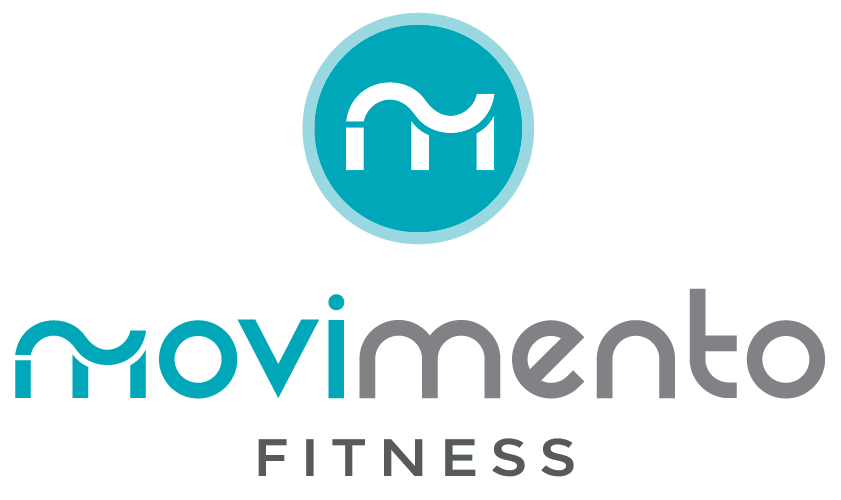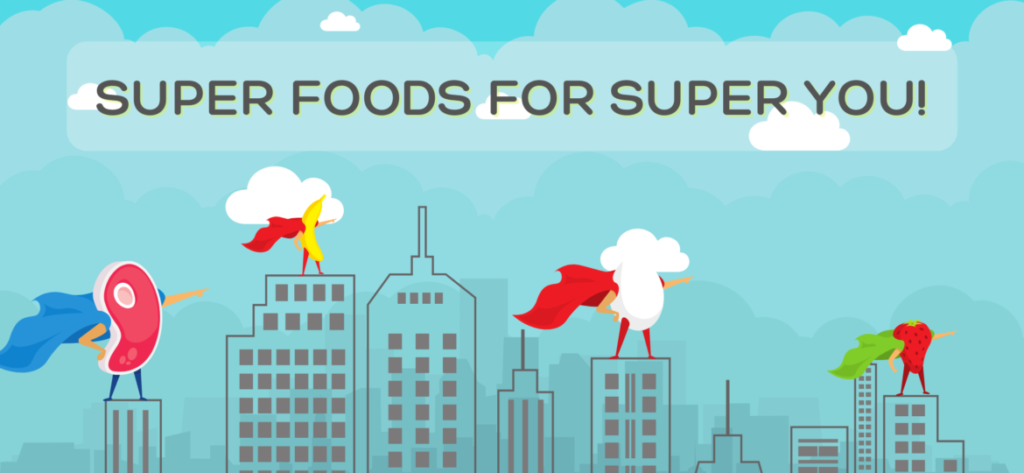There is a lot of confusion surrounding “superfoods”. Ask a scientist and they will say there is no such thing, but ask a health or nutrition professional and they will offer you a long list. The scientists might be right in so far as there are no set criteria (at the moment) for determining what is and what is not a superfood – making it more of a marketing term than a scientific grouping.
What they all agree on is that some foods are more nutritionally dense than others and pack more of a punch when it comes to the vitamins and minerals they contain. They also agree that consuming foods that are packed with nutrients is certainly a good idea and better for you than strictly consuming those “Miracle” foods that promote unhealthy weight loss only.
Check out these 12 superfoods that you can add to your meal and snack rotation that will give you the super-strength you need to get through your day!
ALMONDS
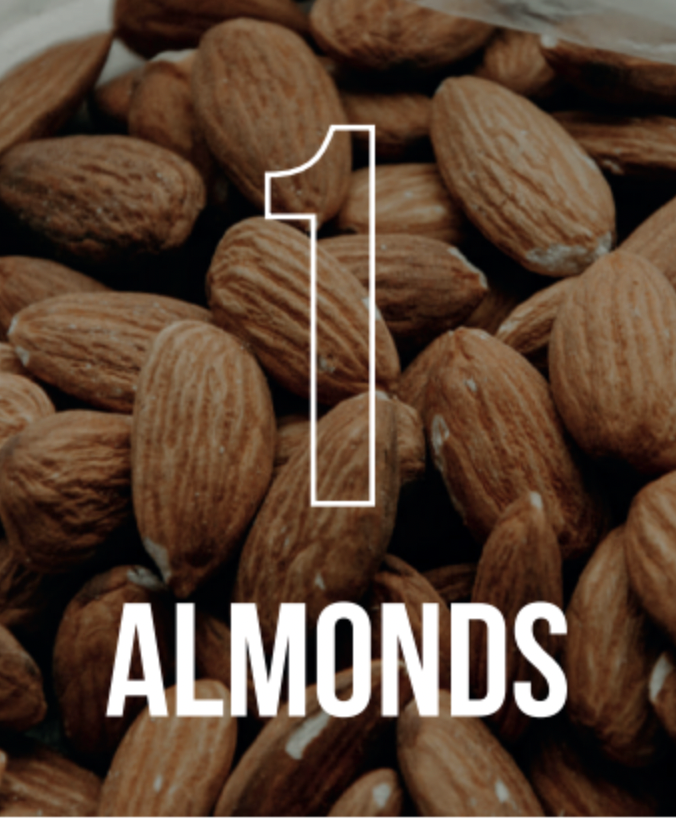
When it comes to nutritional density, almonds are the super nut! Boasting the highest concentration of nutrients per calorie, a one-ounce serving provides 14% of RDA (Recommended Daily Amount) of fibre and a healthy dose of numerous other vitamins and minerals.
Rich in: Vitamin E, Magnesium, Potassium, Iron, Calcium, Zinc, Selenium, Copper and Niacin, Fibre and lots of healthy fats.
Health benefits: Almonds have been shown to help lower blood sugar levels, reducing blood pressure. They also help regulate cholesterol levels by increasing the ratio of high-density proteins, as well as reducing hunger and therefore promoting weight loss. They contain many nutrients which help the development and health of the brain, including riboflavin and L-carnitine, both of which increase brain activity resulting in new neural pathways and decreased occurrence of Alzheimer’s disease. They are a good source of alkali materials that are known to benefit the strength of the immune system, with Antioxidants like Vitamin E reducing the likelihood of contracting heart disease and many other major diseases.
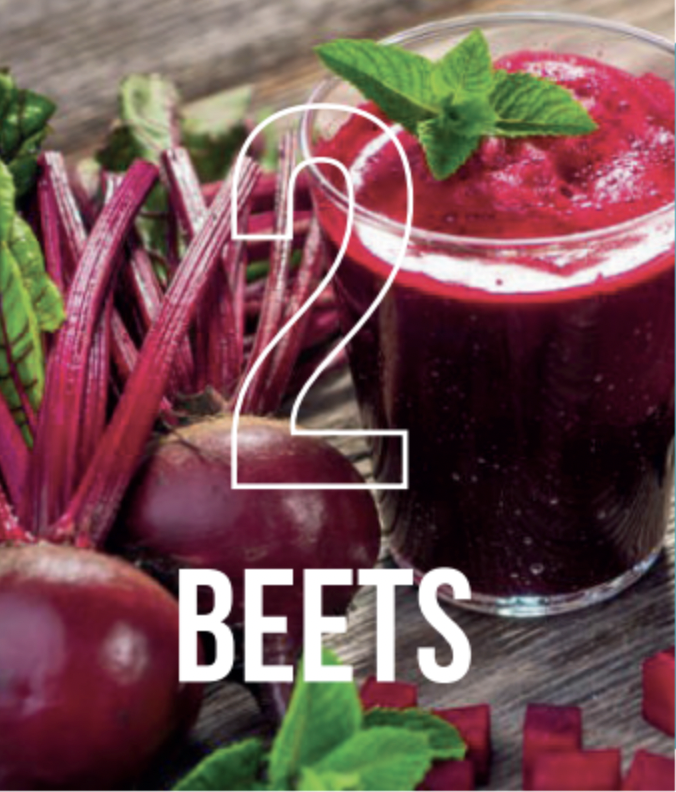
BEETS
If you are looking for vitamins, minerals and antioxidants all in one bite-size serving then beets are the way to go.
Rich in: Antioxidants, Potassium, Vitamin C, Manganese, Folate Fibre
Health benefits: The secret to beets’ success is betalains that give this veg its vibrant colour and also help ward off cancer and other degenerative diseases, while the antioxidants are shown to fight numerous diseases and strengthen vital organs. Their high potassium content is great for healthy nerve and muscle function, while manganese is great for your bones, liver, kidneys and pancreas. Beets are also great during pregnancy as the folate helps reduce the risk of birth defects.
BLUEBERRIES
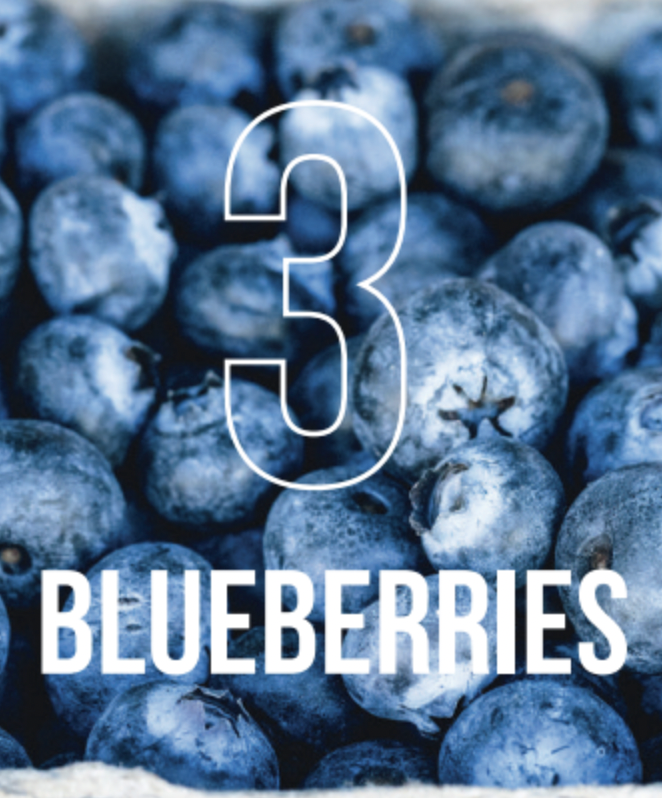
Rich in: Vitamin C, Flavonoids, Folate, Potassium, Fibre
These are a great source of vitamins, soluble fibre and beneficial phytochemicals (biologically active compounds found in plants) like flavonoids. They are also the most nutrient-dense berry, i.e. low in calories but high in nutrients, making them the perfect healthy snack, with one cup providing 4 grams of fibre, 24% of your Vitamin C RDA, 36% of your Vitamin K RDA and 25% of your Manganese RDA for only 84 calories.
Health benefits: Studies have linked a high intake of flavonoids with a reduced risk of certain heart conditions in young women. They are also considered to have some cancer-fighting properties thanks to the high levels of antioxidants, in particular the anthocyanin flavonoids. Other studies have linked them to improved memory by protecting against inflammation and boosting communication between cells. A daily 50-gram serving has been shown to lower LDLs or bad cholesterol by 27% in obese participants.
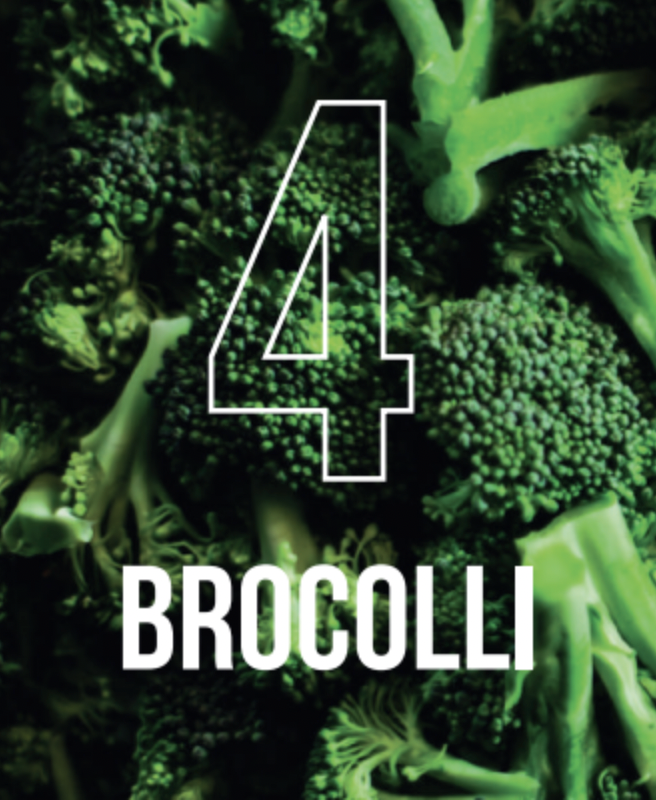
BROCCOLI
All members of the cruciferous family are pretty super, but broccoli stands out for its exceptionally high Vitamin C and Folate levels. It is also crammed packed with fibre too, making it an all-around superfood.
Rich in: Vitamin C, Vitamin K, Potassium, Selenium, Vitamin A, Manganese, Folate, high fibre.
Health benefits: High folate levels are thought to reduce the risk of heart disease, certain cancers and strokes. For those who want to go above and beyond, broccoli sprouts have ten times more glucoraphanin, a cancer-preventing compound, than regular broccoli. The presence of strong anti-carcinogenic compounds like glycoraphanin and beta-carotene plus selenium, as well as being anti-cancer agents help remove extra estrogen from the body. This is particularly beneficial for the avoidance of breast cancer and uterine cancer. The glucoraphanin has also been connected with reversing the negative effects of sun exposure.
CHIA
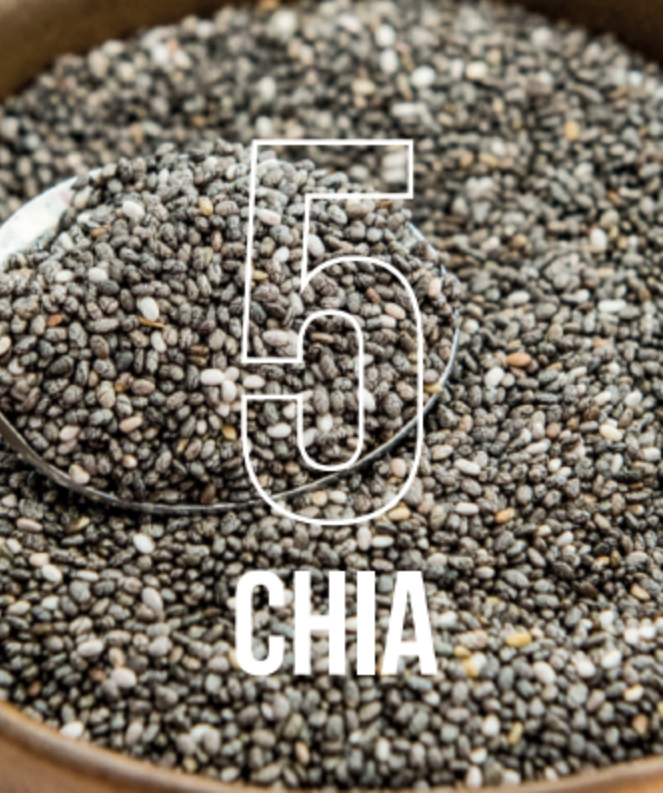
Another seed that is loaded with magnesium, iron and the most essential fatty acids of any known plant! They contain five times more calcium than milk and seven times the Vitamin C of oranges. Add this to the fact there is three times more iron in Chia than spinach and twice the Potassium of bananas plus eight times the Omega-3 of salmon, and you begin to understand why Chia seeds are all the rage.
Rich in: Omega-3 fatty acids, Calcium, Magnesium, Potassium, Iron, Essential Fatty Acids.
Health benefits: Chia seeds have been shown to improve blood sugar sensitivity, thanks to the high fibre and Omega-3 fatty acid content, thus aiding in the treatment of diabetes, heart disease and metabolic syndrome. The rich array of fibre found in Chia seeds makes them great for improving gut function, while the neuroprotective antioxidants quercetin and chlorogenic acid found in Chia seeds help produce cell membranes that are more flexible and efficient, allowing for faster nerve transmissions and ultimately improving brain function.
EGGS
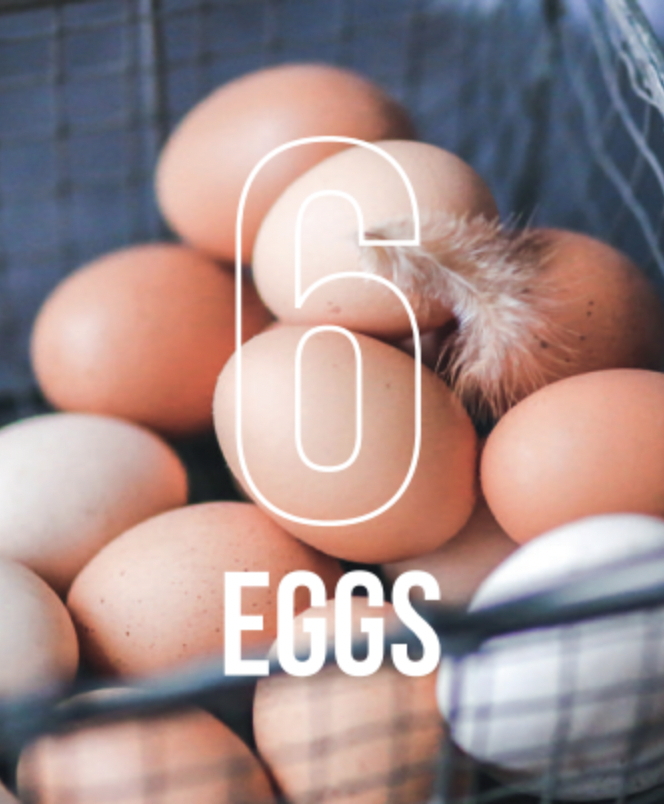
A cheap source of protein overloaded with nutrients, a single large egg offers 6 grams of protein – no wonder numerous studies have linked eggs to weight loss. They are also a great source of Omega-3 fatty acids.
Rich in: Omega-3, Selenium, Vitamin D, Vitamins B2 B6 & B12, Zinc, Iron and Copper, high protein concentration
Health benefits: The high Omega-3 levels are why eggs are renowned for their heart health properties. Eggs also are full of good cholesterol, so eating them helps boost your good cholesterol to bad cholesterol ratio, reducing the risk of heart attacks, strokes and other serious cardiovascular conditions. They are cram-packed with Choline, which is a nutrient that helps to create critical neural pathways in the brain. About 90% of the population is estimated to get less Choline than the body requires, so eat more eggs! Finally, eggs contain a whole host of antioxidants (Vitamin A, leutein and zeaxanthin to name a few). These work all over the body, but in particular in the eyes where they help to protect against the development of cataracts.
KALE
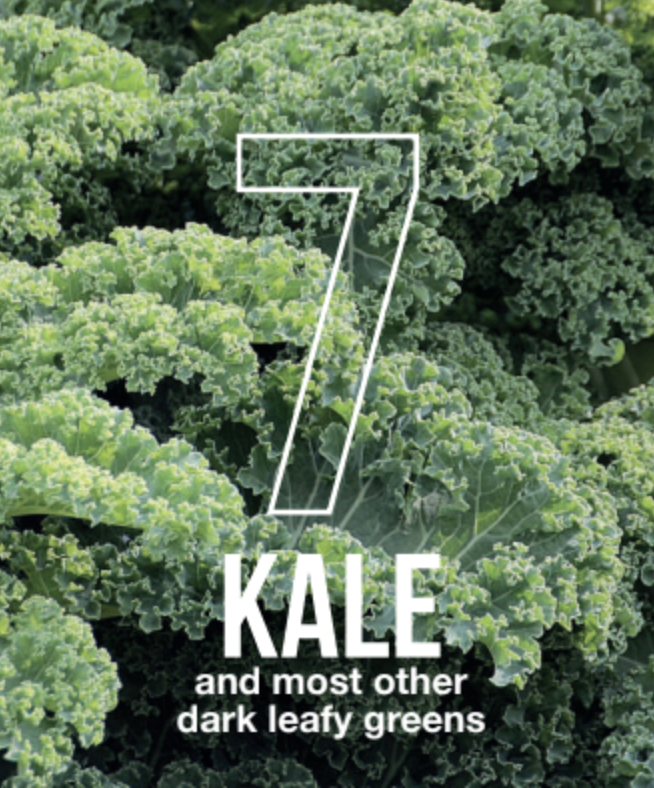
These are absolutely loaded in with vitamins, fibre, calcium and other minerals, with kale containing more antioxidants than most fruit. It has more iron than beef and per calorie has more calcium than milk! One cup of kale has 5 grams of fibre, 0 grams of fat and best still is only 36 calories.
Rich in: Antioxidants, Vitamins A, C and K, Calcium and Iron. Great source of fibre.
Health benefits: The fibre in kale makes it great in aiding digestion. Its high iron content helps the body with the formation of haemoglobin and enzymes, as well as transporting oxygen to various parts of the body – then there is the cell growth and proper liver function also associated with iron intake. Its high Vitamin K levels also help protect against various cancers. Vitamin K is important for normal bone growth and blood clotting; it has also been shown to help people suffering from Alzheimer’s disease.
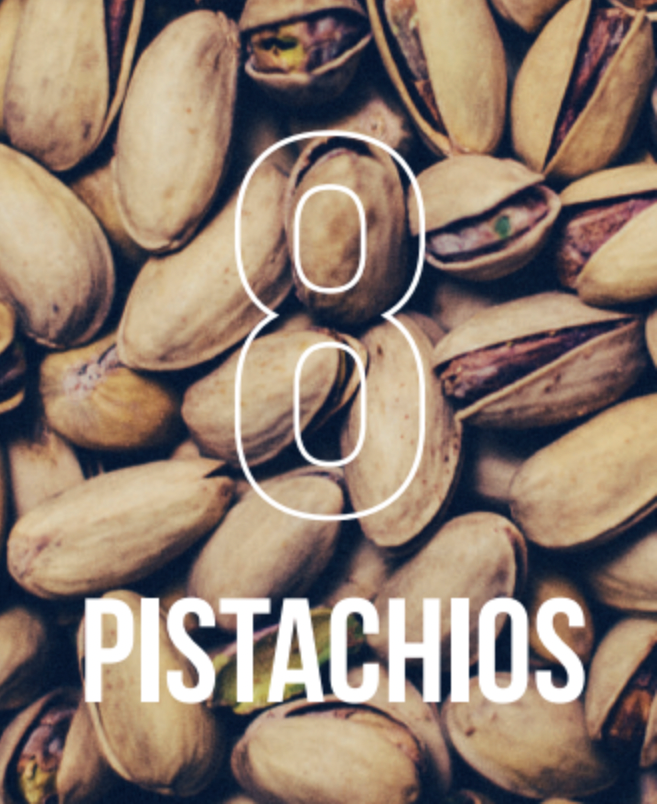
PISTACHIOS
It may take a while to crack into their shells but the taste explosion and nutritional content are worth the effort! Jam-packed with protein and fibre and cholesterol-free; if you are only ever going to eat one nut it should be pistachio. Plus a one-ounce serving has almost as much potassium as one small banana.
Rich in: Vitamin A, Vitamin B6, Vitamin E, Potassium, Phosphorous, Protein, Fibre
Health benefits: Thanks to the Vitamin A and E content as well as the presence of other anti-inflammatory compounds, pistachios have anti-inflammatory properties. Thanks to the high levels of Phosphorous, a single cup of pistachios a day can help break down proteins into amino acids resulting in glucose tolerance and preventing diabetes. The high quantities of Vitamin B6 increase the haemoglobin count, improving the quantity of oxygen carried by the blood. It is also a great immune booster and has been shown to make the brain more active.
PUMPKIN

With antioxidants, vitamins and minerals, we should be celebrating pumpkins every week and not just at Halloween! One cup has twice the RDA of Vitamin A and a quarter of a cup of the seeds contains 17% of the RDA of Zinc.
Rich in: Vitamin A, Betacarotene, Antioxidants, Tryptophan, Zinc
Health benefits: It is the beta-carotene that is converted in the body to Vitamin A which leads to the pumpkin’s superfood status. Known for its immune-boosting powers, it plays an essential role in eye health. It also has anti-cancer properties. Tryptophan is responsible for helping the body make Serotonin that helps you relax and unwind, which is why pumpkin is known for promoting better sleep. For men in particular the high levels of betacarotene and other antioxidants help protect against cancer, in particular blocking unhealthy prostate growth, and the zinc levels have been shown to contribute to male sexual health.
QUINOA
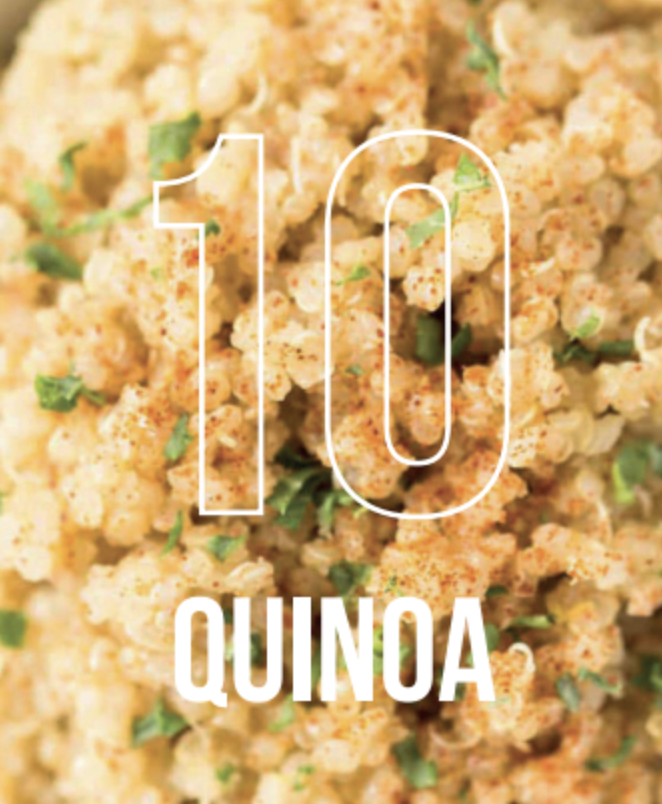
This seed is a remarkable source of protein, one cup contains 8 grams and while it isn’t a whole grain it cooks up like one and is, therefore, a great substitute. It is also full of fibre, vitamins and minerals and gives a wonderful nutty flavour to any dish. It has almost twice the fibre as most other grains too.
Rich in: Contains all 9 essential amino acids, Iron, Lusine, Magnesium, Riboflavin (Vitamin B2), Manganese, Fibre
Health benefits: The high fibre found in quinoa makes it great for gut health, relieving constipation and reducing blood pressure and the risk of diabetes as it lowers cholesterol and glucose levels. The high Iron content helps keep red blood cells healthy and enables the blood to carry more oxygen; it also improves neurotransmitter synthesis, enzyme activity and energy metabolism. Riboflavin improves energy metabolism within the brain and muscle cells, while the antioxidant properties of manganese help prevent damage to mitochondria during energy production.
SALMON, SARDINES, & MACKEREL
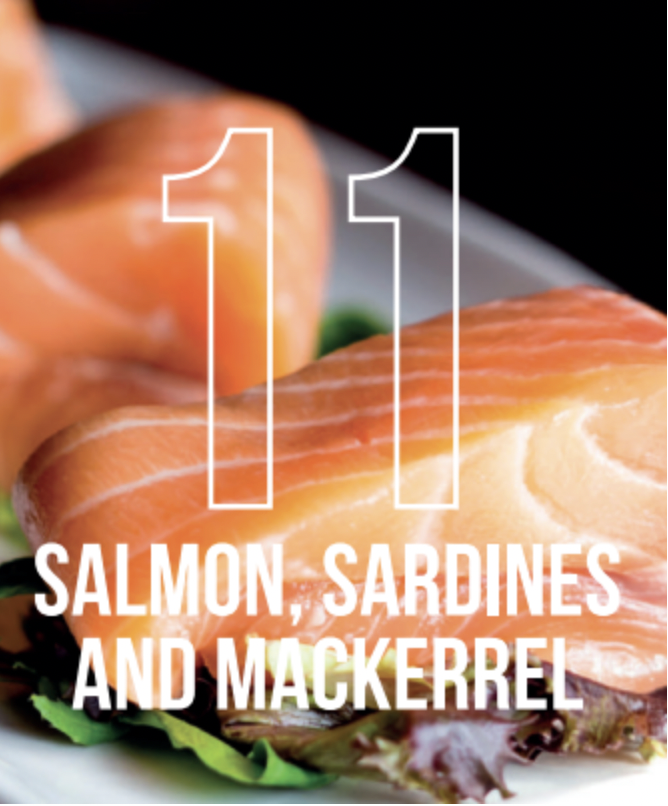
These oily fish are a great source of healthy fatty acids like Omega-3. Just 3 ounces of salmon contains all the Omega-3s you require in a day. They are also packed with protein.
Rich in: Vitamin C, Flavonoids, Fibre
Health benefits: Diets rich in Omega-3 are believed to reduce your risk of heart disease and strokes. New studies have also suggested they have skin protection qualities, reducing the harm UV rays can do. It is also worth noting that Omega-3 fatty acid deficiency is officially one of the top ten causes of death in America, claiming the lives of 96,000 people each year!
Suboptimal levels can also contribute to symptoms of ADHD and other related developmental problems. These fatty acids are also vital for brain function and studies have shown the fish oil can not only slow cognitive decline but can help prevent brain death in older adults. It has also been shown to reverse all anxiety-like and depression-like behaviour in rats during critical brain development periods. Fish oils have also been shown to reduce arthritic pain and result in significant reductions in rheumatoid arthritis.
SPINACH
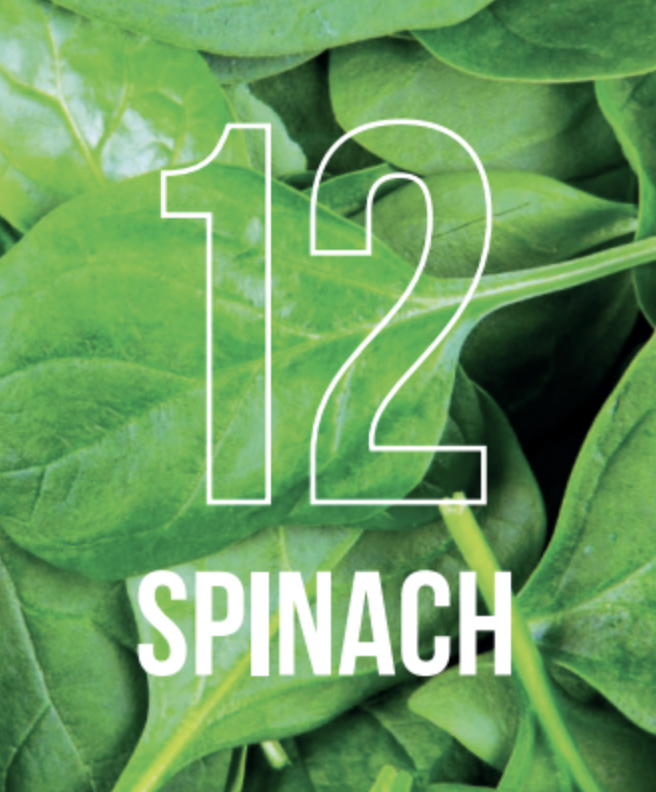
Popeye had it right when he ate can after can of spinach. The tiny leaves are crammed full of vitamins, minerals and other micronutrients. So swap that dull iceberg for a pack of the good stuff and we promise you, you won’t look back!
Rich in: Vitamin K, Calcium, Zinc, Magnesium, Phosphorus, Potassium, Niacin, Vitamin C, Vitamin A, Folate, Anti-inflammatories, Antioxidants.
Health benefits: It’s not just your muscles that grow big and strong thanks to spinach, it’s your bones. With just one cup packing 12% of the RDA of Calcium and enough Vitamin K (10x your RDA) to prevent bone loss, this is something we all should be eating more of. It\ has also been linked to improved vision thanks to the high levels of Beta-carotene, Lutein and Xanthene, while Potassium, Folate and other antioxidants provide neurological benefits for those who regularly consume spinach. This includes reducing the occurrence of Alzheimer’s disease. The high Potassium levels are good for increasing blood flow to the brain and heightening cognitive concentration and neural activity. It also helps those with high blood pressure, reducing hypertension.
